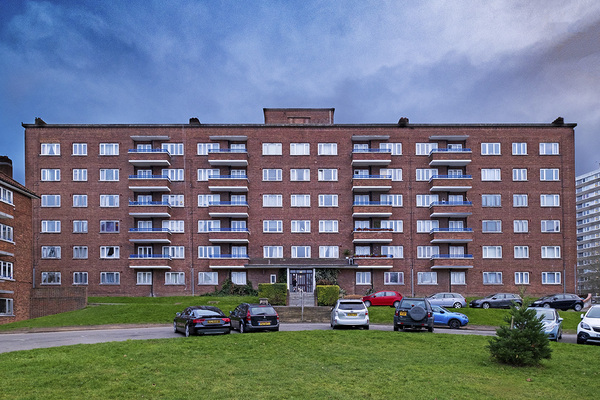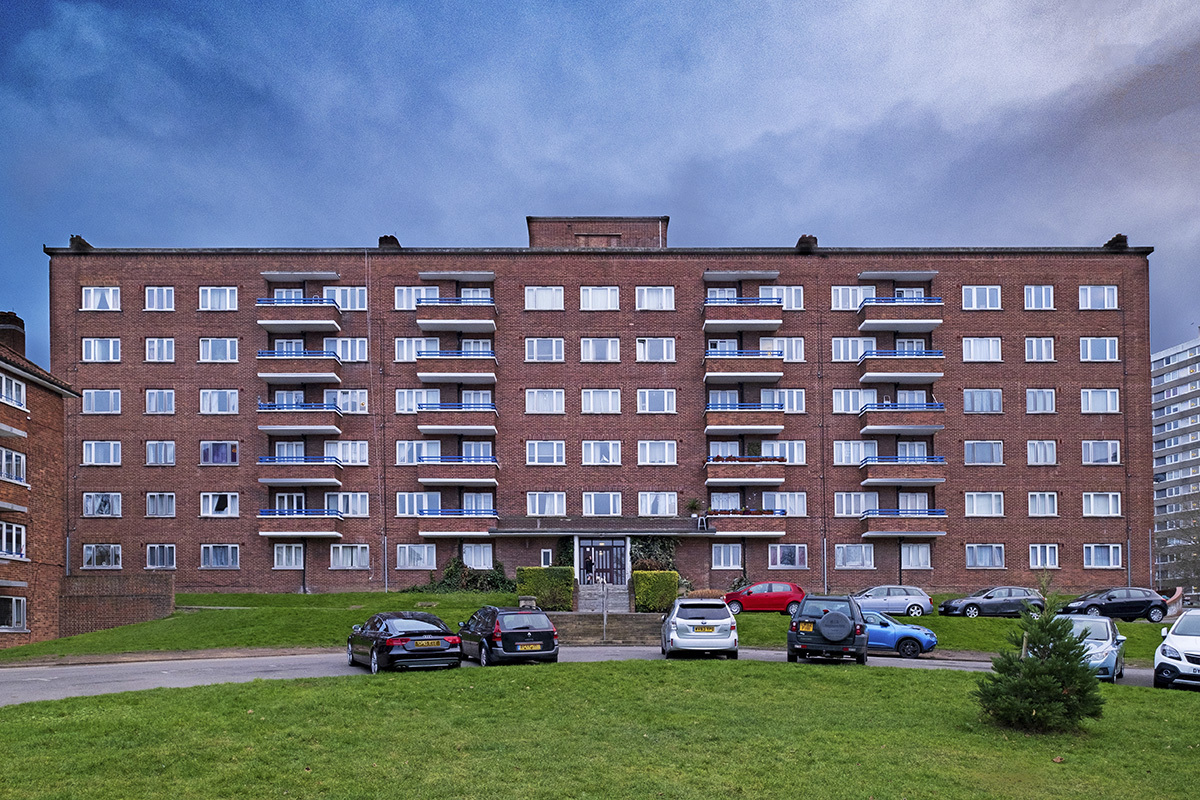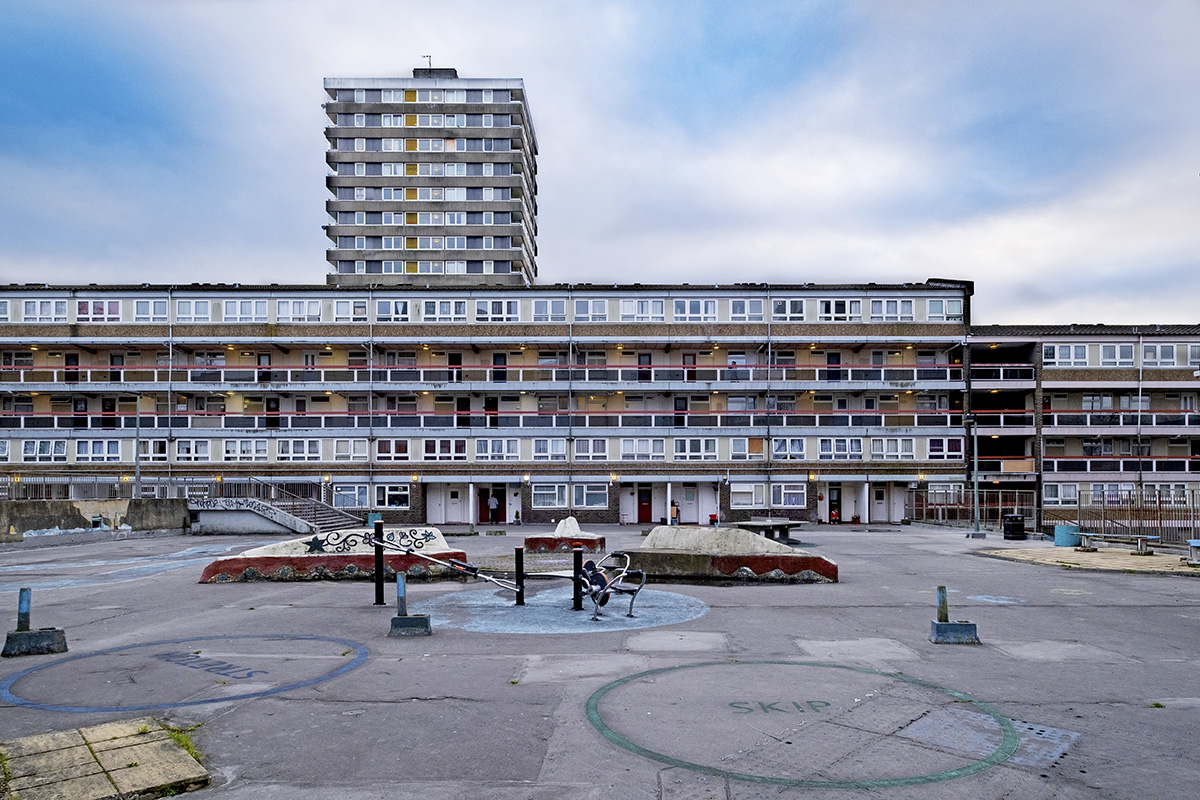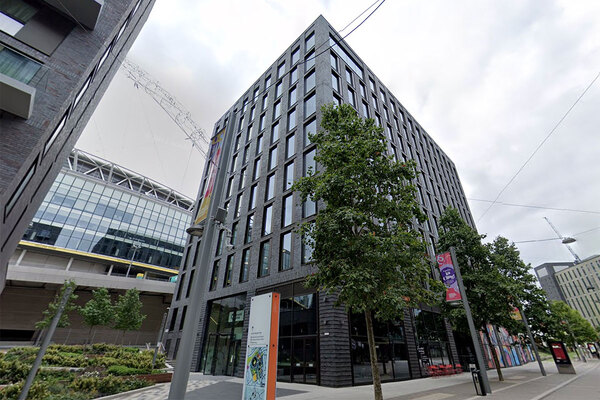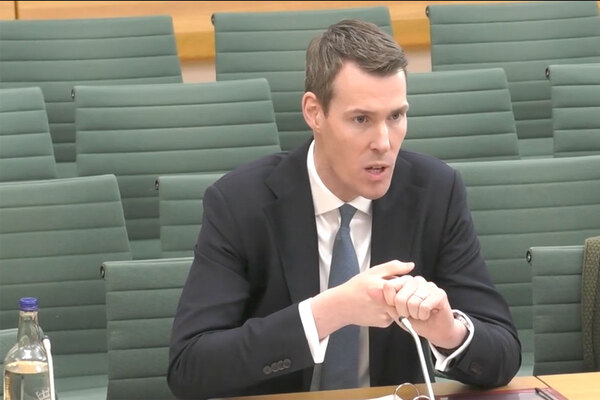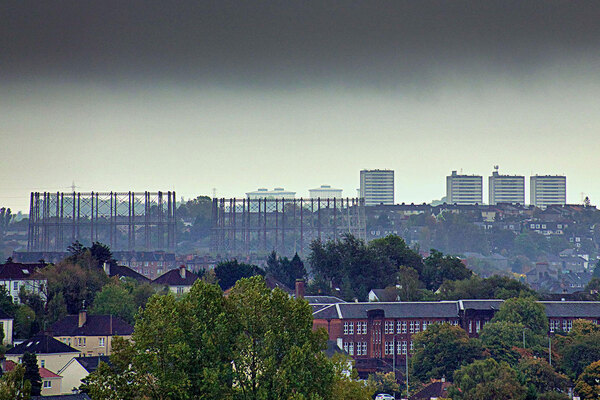New Right to Buy receipts policy may be ‘too little, too late’, councils say
Several councils have said they welcome the government letting them keep 100% of funds from Right to Buy (RTB) sales for two years, but it will have a limited long-term impact, and one described the changes as “too little, too late”.
The Department for Levelling Up, Housing and Communities (DLUHC) informed local authorities on 31 March that they would be allowed to keep all RTB receipts for 2022-23 and 2023-24 in an attempt to boost housebuilding.
Councils previously had to give a proportion of the receipt from any RTB sale to the Treasury.
The Local Government Association (LGA) welcomed the change, which it had long campaigned for. London Councils, which represents the capital’s 32 boroughs and the City of London, also praised the government’s decision.
The LGA released new figures in March which suggested that 57,000 more social homes will be lost by 2030 because of the policy.
Under RTB, council tenants are offered a discount to purchase their homes. The size of the discounts were increased in 2012 under a relaunch of the scheme, to a maximum of £87,200 across England and £116,200 in London.
The average discount in 2021-22 was nearly £68,000.
Just over 14,000 RTB sales were made last year – up 52% from 2020-21, although that was a decrease of 8% compared to 2019-20.
Councils have five years to spend the money from receipts, including a requirement to replace any housing stock sold through RTB.
The government revealed earlier this month that it would impose a two-year freeze on a cap that prohibits councils from delivering more than 50% of replacement RTB homes through acquisitions. The cap was previously expected to be tightened to 30% or 40%.
Inside Housing asked councils with the most RTB sales in 2021-22 for their reaction to the decision, whether it would impact policy and how the money might be used.
Birmingham City Council made 651 RTB sales in 2021-22 – the most of any local authority.
Sharon Thompson, cabinet member for housing, said she welcomed the government’s decision, which would allow the council “to extend our existing investment plans”.
However, she added: “Given that we are in the grips of a national housing crisis, I would urge the government to consider providing a longer-term deal to local authorities on RTB retention to give authorities such as Birmingham the chance to replace those social homes that are lost through RTB.
“We also need greater flexibility in how we are able to spend RTB receipts so we are able to target the money to where it is most needed.”
The council aims to decide how to use the funds by the summer.
A spokesperson for Leeds City Council, which made the second most sales with 546, said the government’s decision was “a change we have been calling for”.
They added that the policy would provide around £11.4m additional funding.
“However, due to rules surrounding the use of RTB funds to purchase new social housing, it is estimated that the council will need to identify a further £17m of its own resource to be able to fully benefit from the temporary relaxation of the receipts policy,” they said. “Work is still ongoing to determine how the additional funding can be best used.”
At Leicester City Council, a spokesperson said it had also been “pushing for” the change. The area made the fourth most sales with 305.
The spokesperson noted: “While the changes do not deliver everything we had hoped for in relation to the use of RTB receipts, they will effectively release an additional £3.4m for us to invest in more new builds and acquisitions that will become council housing.”
They said the cap freeze would “allow us to continue to acquire properties to help meet the growing demands and pressures of the housing crisis that we are facing”.
Sandwell Council, which made the fifth most sales with 288, said that while it welcomed the change and would invest the money in its plans to build new council homes, “additional, further resources for these plans will also be required”.
Rotherham Council made 206 sales. Amy Brookes, cabinet member for housing, said: “This may be a welcome temporary step in the right direction. However, it is too little, too late and is not going to solve the problem, compounded by decades of replacing housing stock lost through RTB.”
She added that while the money would support the council’s housing development programme, there would “never be one-for-one replacement as the costs of new builds would not be covered because of rampant inflation, and in the current economic environment in particular it is impossible to see how RTB is a sustainable policy at all”.
Naz Parkar, director of homes and neighbourhoods at Kirklees Council, which made 205 sales, said funding would solely be dedicated to expanding its housing stock, including “repurposing existing buildings for council housing use, acquiring new properties, buy-backs and building new homes”.
Matt O’Neill, executive director of growth and sustainability at Barnsley Council, said that while the council would benefit from the additional money, it would likely not contribute to any major build programmes. The council had made 183 sales.
He added: “The homes sold through RTB attract between a 35% and 70% discount on open market values. This, coupled with increases in construction costs and the council’s aspiration to build sustainable, low-carbon, high-quality new homes for the future, means that like-for-like replacements are not a reality, even with the increased receipts.”
A spokesperson for Derby City Council, which made 175 sales, said the decision would “increase our capacity to build, and buy, more homes”.
On the cap freeze, they added: “Building new homes obviously takes some time, so acquiring a greater number of existing properties means more homes will be available for immediate use.”
For Manchester City Council, which made 174 sales, a spokesperson noted the limited timeframe of the new policy and that rising build costs meant the council would need to collect receipts for “a number of” former social homes just to build one new one.
They added: “The return we get does not replace homes like-for-like – even while collecting 100% of the sale – which means we will still require significant funding to meet the demand we have for social housing.”
Responding to the councils’ comments, a DLUHC spokesperson told Inside Housing: “As part of our mission to level up, we are committed to building more social homes.
“We want councils to utilise the receipts generated from RTB sales to invest in new social homes for local people.”
Sign up for our Council Focus newsletter
Already have an account? Click here to manage your newsletters
